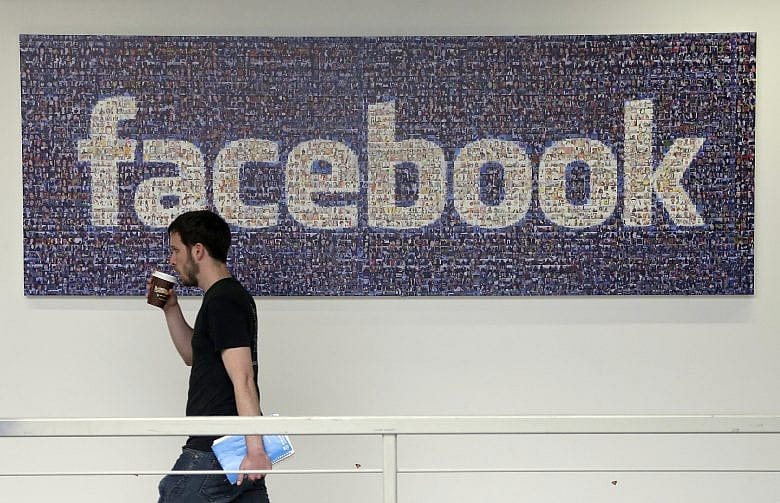Facebook reportedly suppressed news from conservative sites

It's only fitting that Twitter should have listed "Former Facebook Workers" as trending, because Facebook initially did not.
In fact, former Facebook workers say that the social media giant's managers instruct online curators to manipulate news feeds and trending lists to cut or leave out conservative content, according to a Gizmodo.com report that doesn't identify its sources by name. The report published Monday also says curators were told to insert certain articles into the trending list, whether or not those items were popular enough to merit the treatment.

